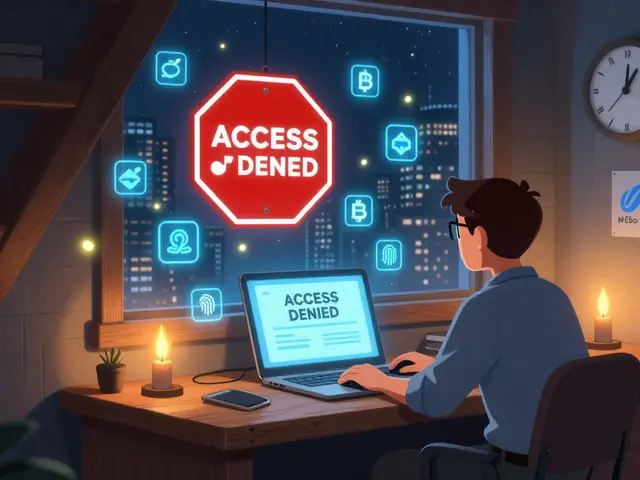000 penalty: What It Means for Crypto Users
When you hear 000 penalty, a specific financial sanction applied when blockchain protocols detect rule violations. Also known as zero‑zero‑zero penalty, it often shows up as a frozen fund or an additional fee that can cripple an investor’s position.
Additionally, 000 penalty is closely tied to crypto regulation, the set of laws and guidelines governing digital assets worldwide. These regulations dictate how platforms must handle misconduct, and they shape the severity of any 000 penalty imposed. In jurisdictions with strict oversight, a small slip can turn into a hefty charge.
On the exchange side, exchange compliance, the operational standards exchanges follow to meet legal and security requirements plays a huge role. If an exchange lacks proper KYC/AML checks, it may be forced to levy a 000 penalty on users retroactively. Knowing a platform’s compliance posture helps you gauge the risk of unexpected fees.
Beyond local rules, international sanctions, government‑imposed restrictions targeting individuals, firms, or entire sectors can trigger a 000 penalty when crypto transactions cross borders. For example, trading with a sanctioned address may lead to assets being frozen and a punitive charge levied by the network or the exchange.
What does this mean for you? A 000 penalty can shrink your portfolio overnight, especially if you’re holding volatile tokens. It also damages your credit on the platform, limiting future trading limits. Understanding the penalty’s triggers—rule breaches, non‑compliance, or sanctions—lets you spot red flags early and protect your holdings.
How can you avoid it? Start by using exchanges that publish clear compliance policies and undergo regular audits. Keep your KYC information up to date, and always double‑check the legality of the counterparties you trade with. Monitoring sanction lists and staying informed about regulatory updates can save you from accidental violations.
Tools like blockchain explorers, compliance dashboards, and AI‑assisted risk assessors can alert you before a transaction hits a block. Setting up alerts for address checks or employing smart‑contract safety nets reduces the chance of triggering a 000 penalty. Simple habits—like reviewing transaction metadata and confirming network fees—also go a long way.
Below you’ll find a curated set of articles that dive deeper into each of these areas: from detailed breakdowns of crypto regulation to step‑by‑step guides on exchange compliance and real‑world examples of sanctions affecting traders. Explore the collection to arm yourself with the knowledge needed to keep your crypto activities penalty‑free.
Crypto FBAR Penalties: $100,000 Fines & How to Avoid Them
Learn why foreign crypto accounts trigger FBAR filing, the $100,000 penalty risk, and how to avoid costly mistakes with a step‑by‑step guide.




